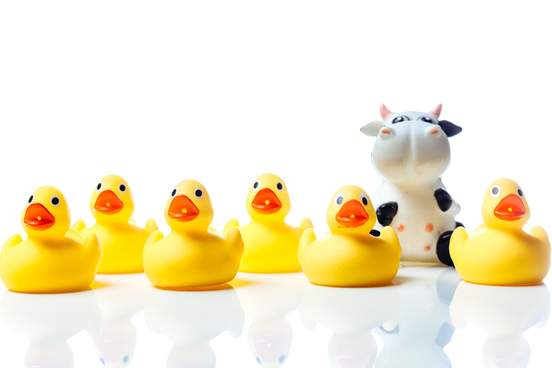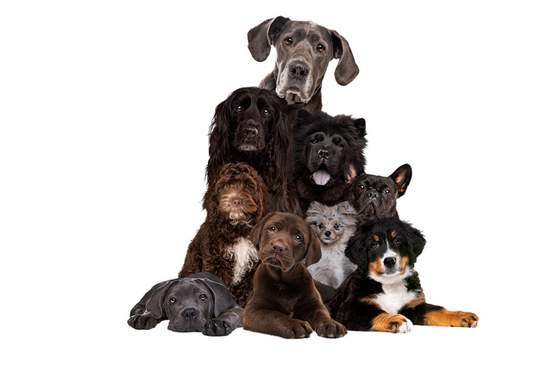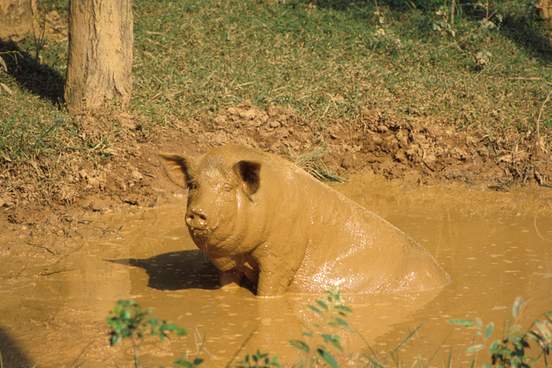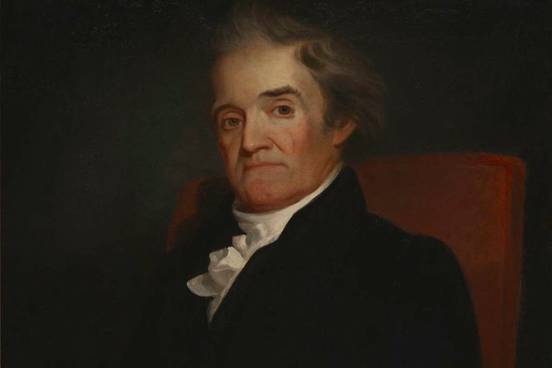
Lemma
A lemma is a term or phrase that is being defined or explained. In other words, any time you look up something in this here dictionary, you type in a lemma.
The plural of lemma is either the reasonable lemmas or the arcane lemmata. Tbh, that one doesn’t get used much around this dictionary joint.
The Greek word lēmma means “thing taken; assumption”; it’s the source of lemma and probably the ultimate source of dilemma too.

Definiendum
If the word lemma doesn’t feel right to you, you could also consider yourself to be looking up a definiendum instead, because that’s another term for an expression being defined. This word's plural follows the pattern of its Latin forbears: definienda.
Definiendum sounds pleasantly sophisticated and also has a nice transparency: it’s obviously related to the familiar word definition. Both words come ultimately from the Latin verb dēfīnīre, meaning “to mark the limits of; determine; define.”

Definiens
In this same semantic and etymological family is the word definiens, which refers to an expression that defines something—in other words, a definition.
Reader, we will confess to you here: we almost never use this term. We call the stuff that tells you what a word means a “definition,” and sometimes, and especially in writing, we call it a “def.”
Definition has been in use since Middle English, which is surely why it sounds so much less fussy than definiens, which only joined the language a couple centuries ago.

Genus
This one’s a secret—we don’t even include a definition for it in our dictionaries. Of course we have a definition for the word genus, which is most familiar in its reference to a category of biological classification. But the word has secret dictionary application too. Those of us who write definitions typically begin by putting the definiendum (the term we’re defining) into the most limiting category that will include it, and we call the word that identifies that most limiting category the “genus term.”
The genus term is what the definition hangs on; for the words snickerdoodle and gingersnap, for example, the genus term is cookie, since each word refers to a kind of cookie.

Differentia
Differentia refers to an element, feature, or factor that distinguishes one thing from another. In a definition, the differentiae (that’s the plural form) distinguish the word being defined from other words in that same genus.
Gingersnap is defined as “a thin brittle cookie sweetened with molasses and flavored with ginger.” Snickerdoodle is defined as “a cookie that is made with usually butter, sugar, and flour and that is rolled in cinnamon sugar before baking.” Everything beyond “a cookie” in each of the definitions is considered differentiae.

Sense and Subsense
Some words are complicated. Have you looked at the entry for the noun word lately? Its definition is divided into numbered parts; each of the 12 numbers identifies the start of a new sense of the word—that is, a distinct meaning.
Some senses are divided too, with lowercase letters preceding more meanings. These are called subsenses: the meanings in the subsenses are related semantically in a way that makes grouping them helpful.

Collocation
When a definer—that’s what we call dictionary editors who write definitions—is working on a particular entry, it’s helpful for them to identify the term’s collocations, which are most basically the various set phrases the word commonly occurs in. (We define this sense of collocation a bit more technically: “a noticeable arrangement or conjoining of linguistic elements (such as words).”)
Some common collocations including the word word are “have a word with,” “keep one’s word,” “send word,” and “give the word.”

Corpus
Corpus can refer to a body and especially a dead body, but that meaning isn't typically useful in our work. In dictionary making, a corpus is a collection of recorded writings and utterances used as a basis for the descriptive analysis of a language.
The word descriptive is key here: a good dictionary tells you what the users of a language mean when they apply a particular word in a particular context. To determine that meaning, definers use corpora (as more than one corpus is called) to examine lots of instances of the word in use.

Lexicographer
You, of course, don’t have to worry about any of these terms unless you are a lexicographer. Lexicographers are people who write and edit dictionaries. That’s us.





